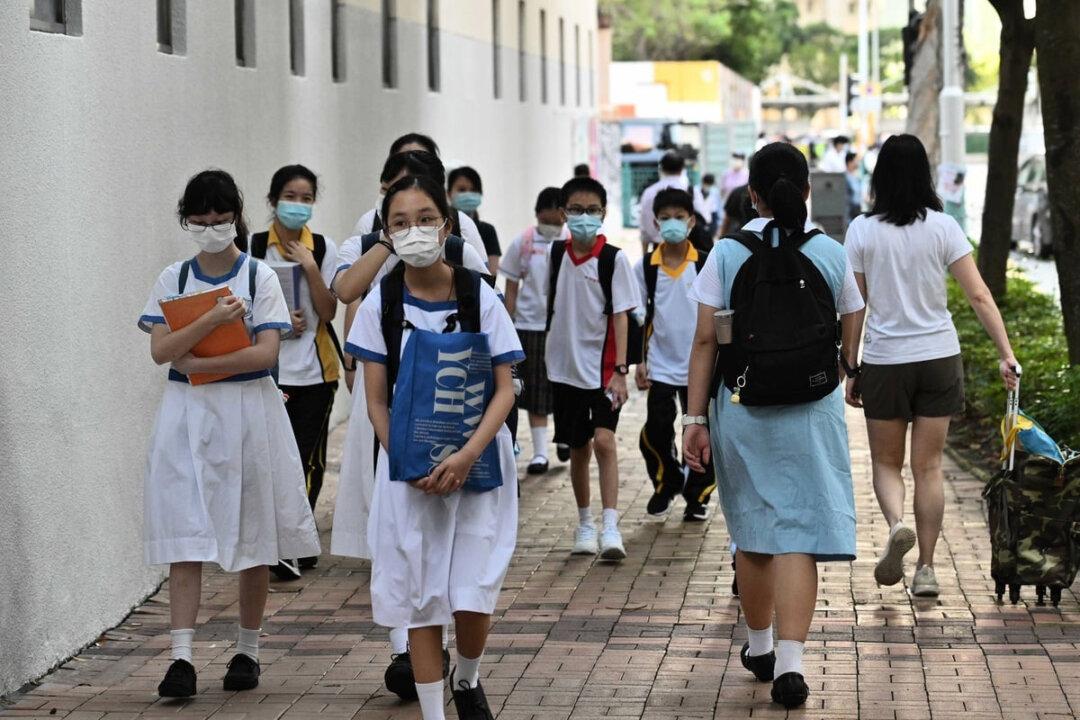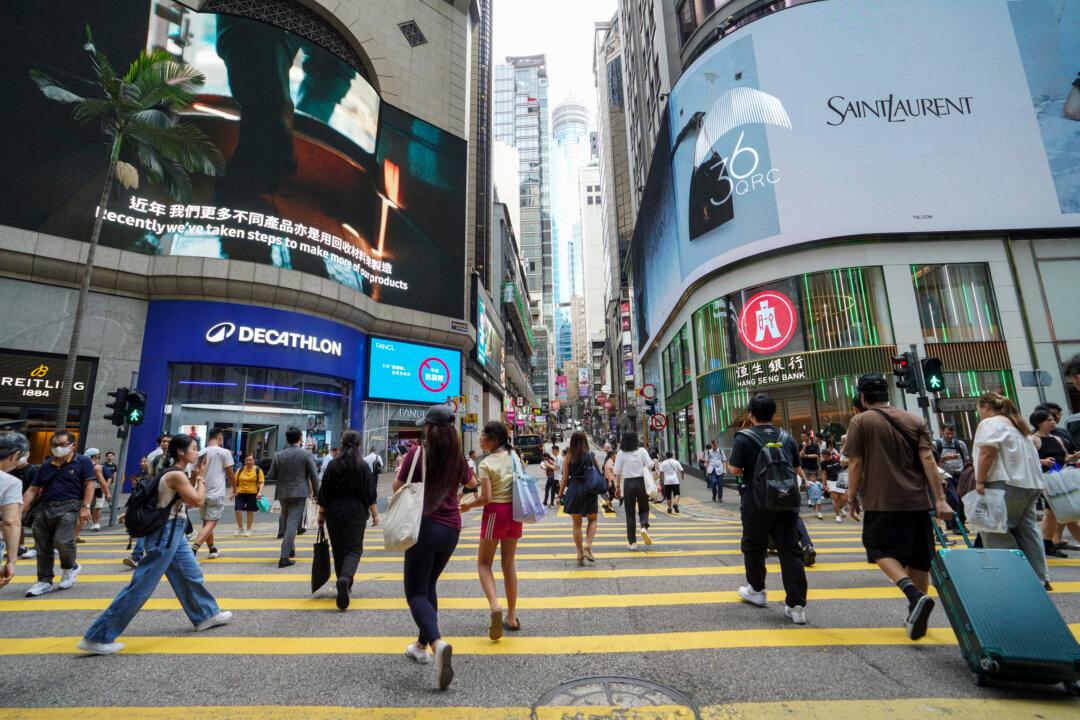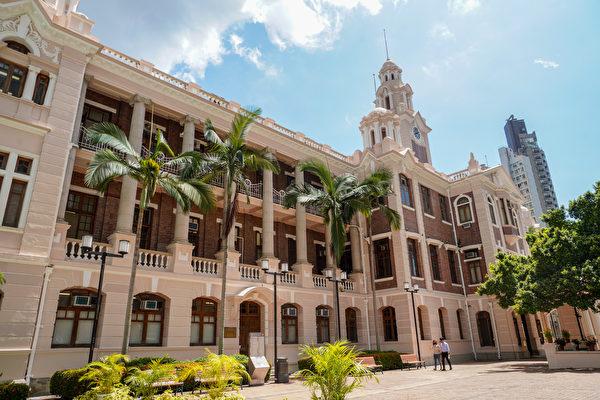“The Bauhinia withers, dusk settles, as it awaits—through the darkest night—the dawn that comes for certain in the future—those some other days, where it once had, once treasured, and once prospered.”
This is a poem in English titled “Worth a Toast.” The “Bauhinia” here is a synonym for Hong Kong. In a few lines, it depicts the reality of Hong Kong’s past and present. It was written by Alex Lam (pseudonym), a 15-year-old boy who was a secondary school student in Hong Kong until the summer vacation. Just a month ago, he left Hong Kong to continue his studies overseas. After learning that a student three years younger than him at his school in Hong Kong had committed suicide, he composed this poem out of grief and anger.





